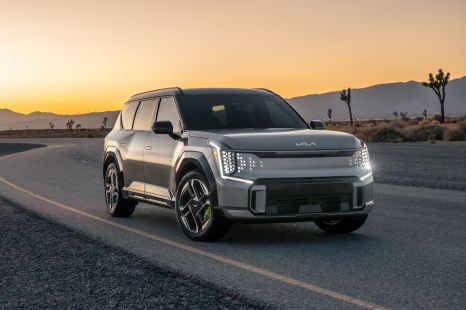

William Stopford
2026 Kia EV9: Hot GT arrives as Korean brand's priciest model ever
2 Hours Ago
New Urus and unnamed grand tourer to be all-electric from 2028, but Lambo wants its 'super sports' models to stay hybrid, or use biofuel.

Senior Contributor
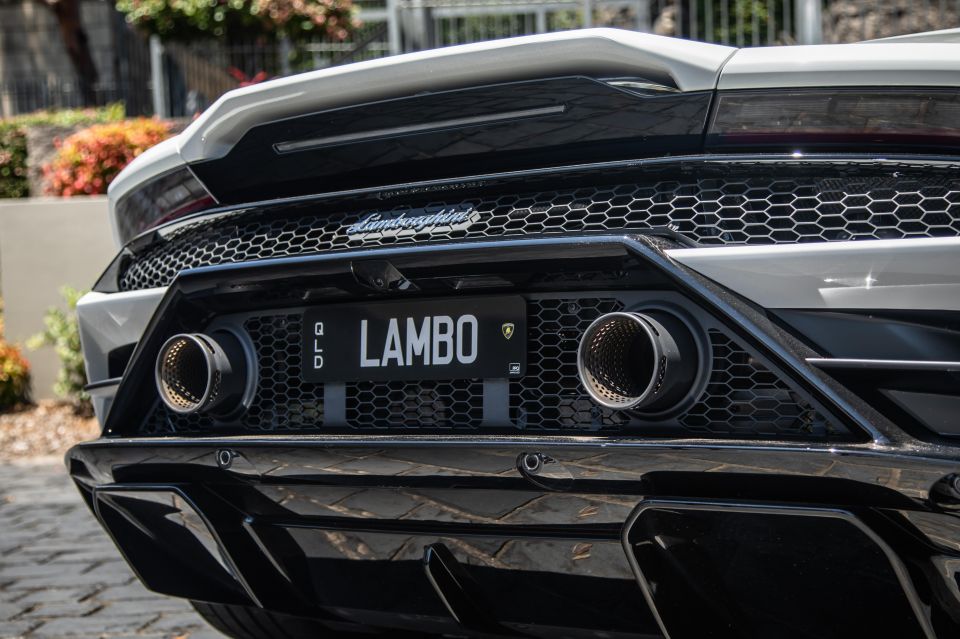

Senior Contributor
Lamborghini wants to give its most exotic super sports cars a form of symphonic combustion engine for as long as it can – with plug-in hybrids and engines burning low-emission synthetic fuel two candidates canvassed as long-term options.
The company is as famous for its raucous soundtracks as its breathtaking designs, but one problem posed by the march to full electrification in key markets across Europe, North America and Asia is that you can’t replicate an engine’s mechanical soundtrack.
The first challenge is how to nail hybridisation. The Aventador successor due in 2023 is confirmed to be getting an entirely new V12 engine, but it’ll be just part of the hugely powerful plug-in hybrid (PHEV) setup necessitated by emissions requirements.
By 2024 the ‘entry’ supercar in place of today’s Huracan will have its own PHEV drivetrain, with fewer cylinders for the engine component expected.
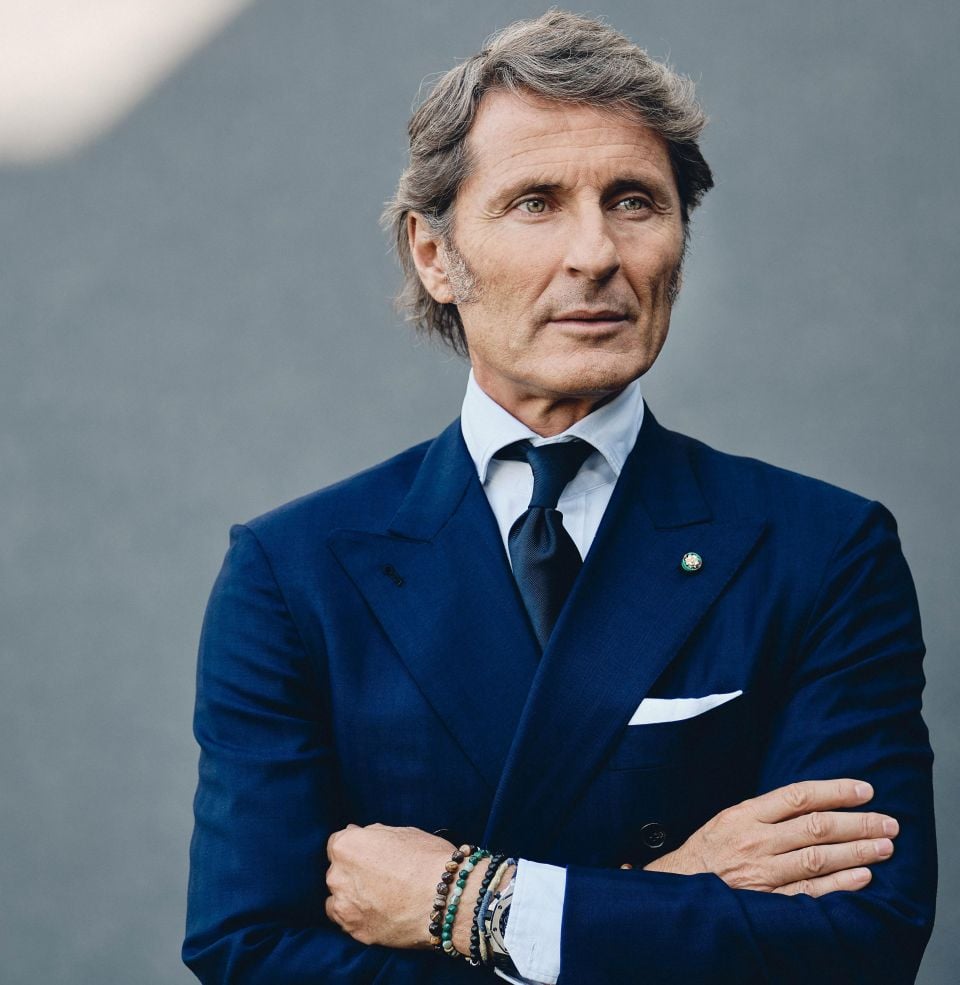
Once a PHEV version of the Urus, also due in 2024, arrives, Lamborghini will have an entirely electrified range – though it has promised that all these cars will still sound aggressive in their angriest modes with cylinders firing alongside motor/s spinning.
As to what comes next, the company’s chief executive Stephan Winkelmann told us this week that he hoped it might be permitted to take a “split” approach – producing small volumes of combustion (ish) supercars while transitioning its bigger-volume ‘versatile’ models to all-electric power.
This plan may hinge on the state of play around emissions regulations.
To cite one of many examples, the European Union is pushing for a ban on new combustion cars by 2035, though there are reports that Italy wants a dispensation for its tiny-volume supercar-makers, and that France wants PHEVs exempted for a bit longer.
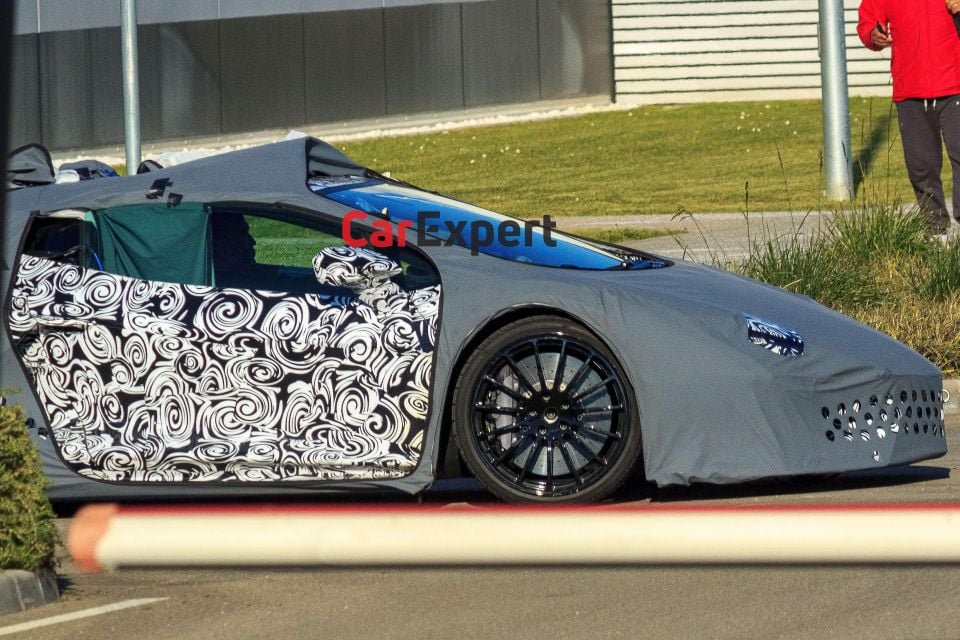
In the grand scheme, while one V12 Lamborghini has a huge carbon footprint, their relative scarcity makes them drops in the ocean from a CO2 perspective.
“Our idea is to split, somehow, the lineup: super sports cars like Aventador and Huracan follow up, and then the fourth model together with the Urus, those are the more versatile cars,” Mr Winkelmann said, when we asked how Lamborghini might be able to preserve aspects of its soundtracks.
“We will try to keep after 2030 the super sports cars hybrid, if this is feasible in terms of homologation and the emission rules, and also by looking into synthetic fuels… we don’t have to decide today,” he added, stating the research into the latter was ongoing.
Fellow Volkswagen Group brand Porsche is a leader in the development of lower-emission biofuels which are low-carbon to produce, but not to burn, meaning they offer significant emissions reductions in a high-performance and racing context well-to-wheel.
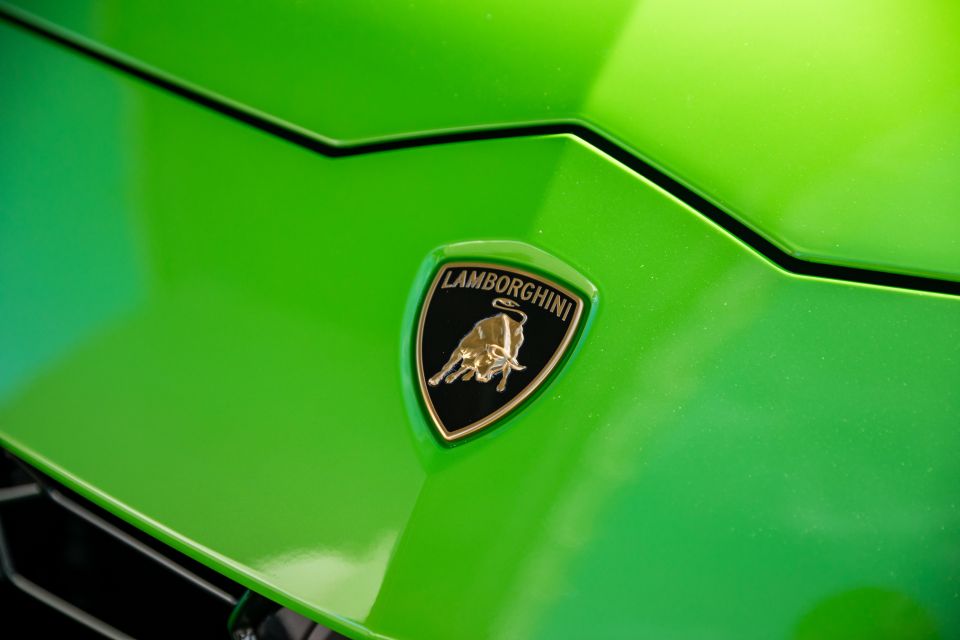
“… I’m also saying that it depends on what the technology is giving us in the future and what the, let’s say, the legislature is allowing us to do, and this is the balance we have to find,” Mr Winkelmann added later in the interview.
Which is not to say the immaculately tailored, erudite, widely recognised CEO is entirely unready to embrace EVs: he’s saying a brand new four-seat grand tourer using an all-electric drivetrain will launch by 2028, with an electric Urus replacement due shortly after.
“It’s clear that our first full electric car will hit the market somehow in 2028, more or less, the second half of the decade. We still have a lot of time to focus on this,” he said.
“But what I can tell you is that emotions are not only coming from the sound, because we were driving in comparison a lot of electric cars lately and you can see that you can do a lot of differentiation also in electric cars.
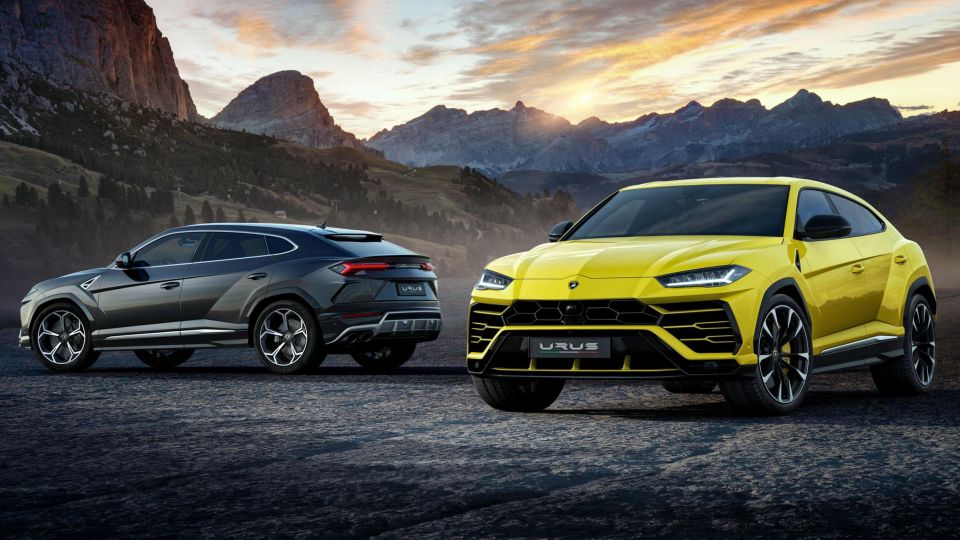
“… And we see around the world that not only because in terms of sustainability and in terms of social responsibility, the rules are putting everybody into the position that there is no way out [other] than doing it like this.
“And on top of that, the new generation are not even sitting at the table if the sustainability subject is not solved.”
Which prompted an obvious follow-up: kids of my generation had Lambo Countach and Diablo posters all over their walls, but do today’s younger buyers even care about the Raging Bull? Is it still the brand, if sustainability defines the zeitgeist?
Citing huge cut-through on Tok Tok and Instagram (“today’s [version of] posters”), Mr Winkelmann said the brand was still beloved by automotive diehard up-and-comers, although it could never let itself be complacent.
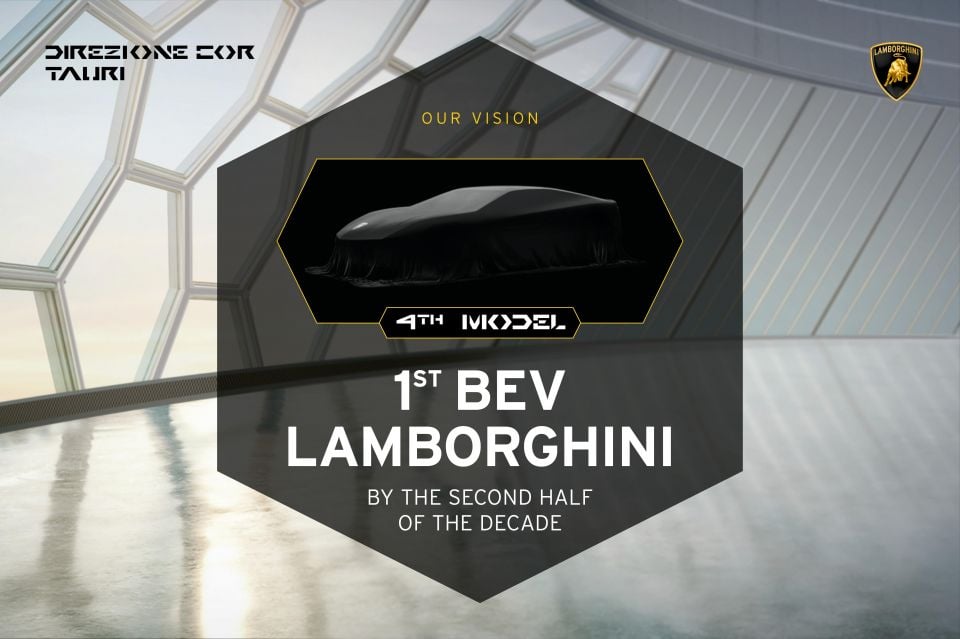
“They are growing up with a different idea than we were growing up with in the past,” he expanded.
“It’s not about running to be the first one to be full electric. It’s about that there is a clear message you have to send out to the crowd, and there is also a clear understanding for Lamborghini that when we come we have to be the best ones, but we don’t need to be the first one to be there.
“The worst thing [would be] only thinking that… everything we do will be accepted automatically by staying in the old world, because we don’t want to end up like the horses today.”
Majestic but outmoded? Perish the thought.
Go deeper on the cars in our Showroom, compare your options, or see what a great deal looks like with help from our New Car Specialists.


William Stopford
2 Hours Ago
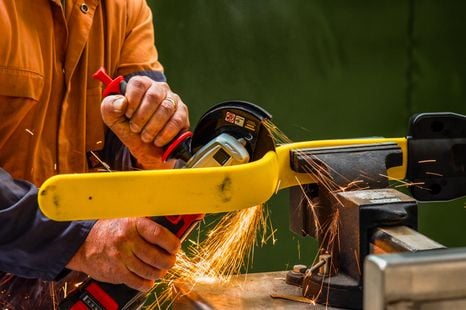

Paul Maric
3 Hours Ago
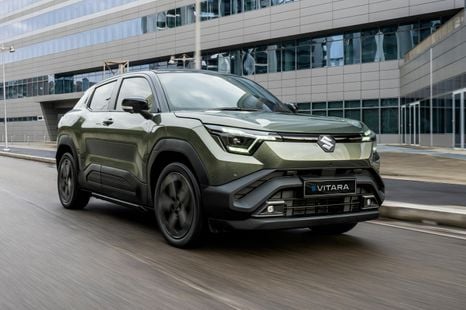

Damion Smy
3 Hours Ago
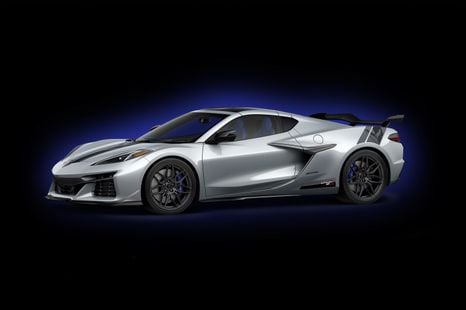

Damion Smy
6 Hours Ago
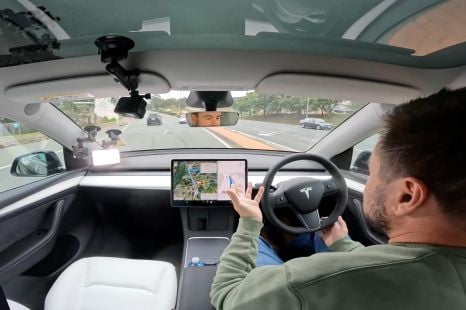

William Stopford
6 Hours Ago
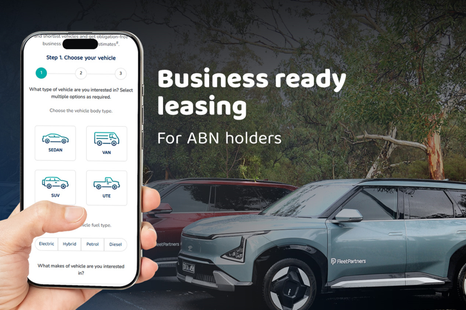

CarExpert
7 Hours Ago
Add CarExpert as a Preferred Source on Google so your search results prioritise writing by actual experts, not AI.